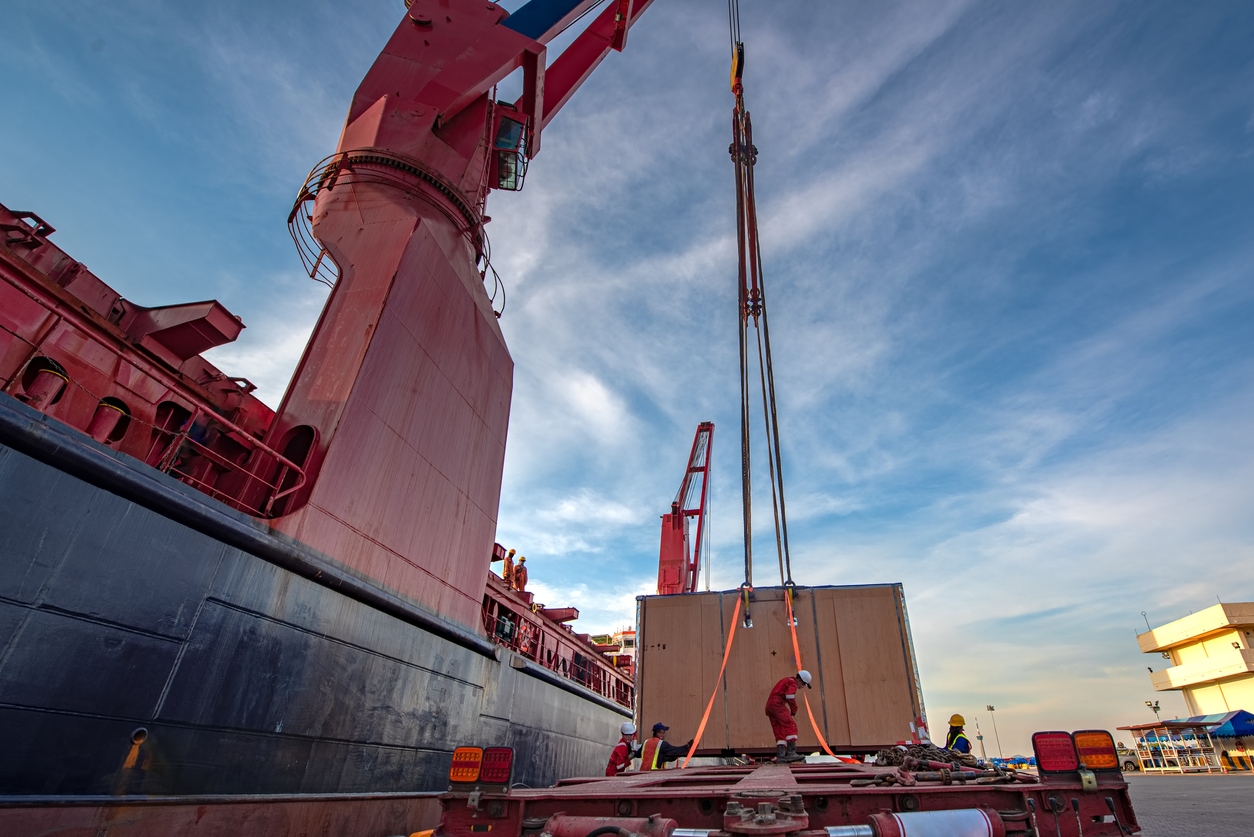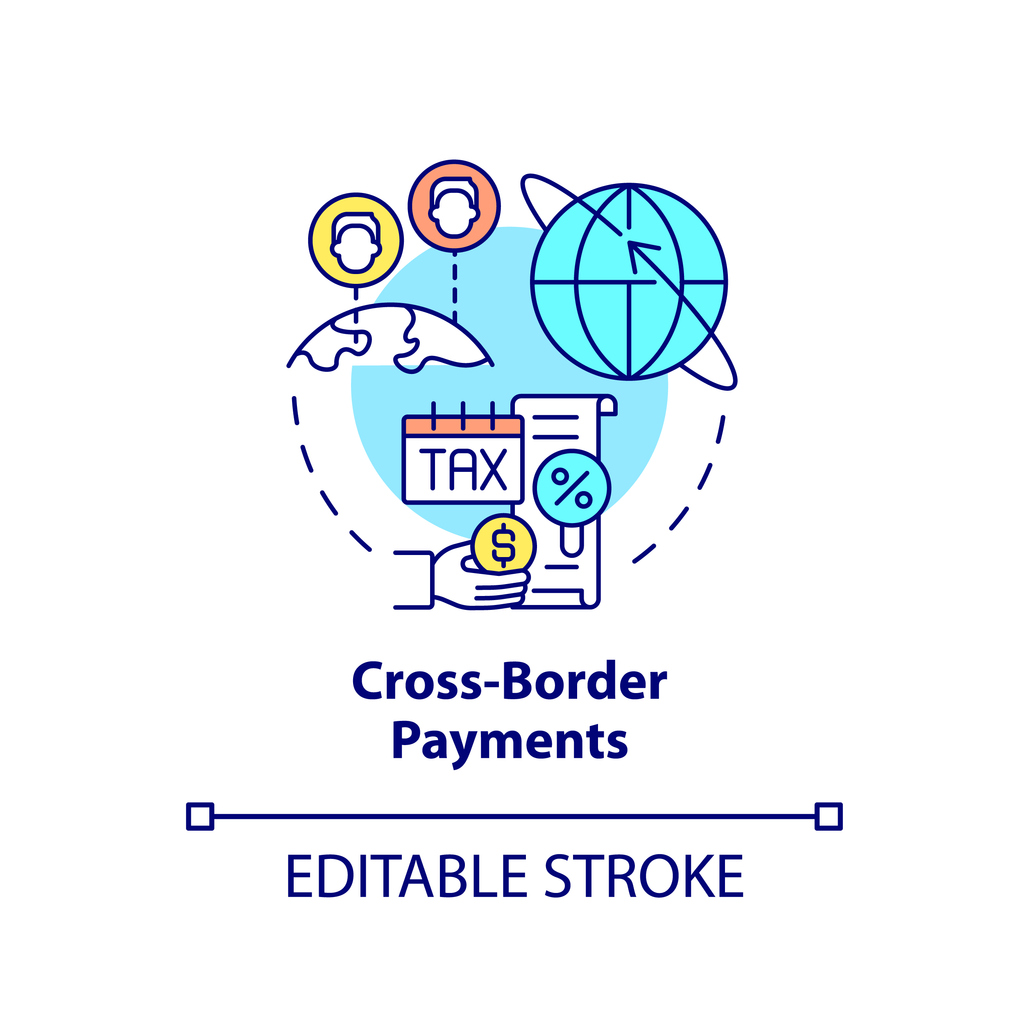Understanding Project Cargo and Breakbulk Cargo in Nigeria
Understanding Project Cargo and Breakbulk Cargo in Nigeria
When you are shipping cargo, it is important to understand the different types of cargo. Since there are many different factors that can impact your shipment, understanding the shipping terms and conditions will help you ship with confidence. There are two main types of cargo: project and breakbulk. While both types involve shipping goods, they have specific characteristics and restrictions regarding how much volume or weight can be shipped in one container. Understanding these differences is key to shipping the right kind of cargo for your business and keeping costs low. This article provides a brief overview of each type of cargo so you are prepared when shipping goods. Keep reading to learn more.
What is project cargo?
As a general rule, project cargo is any type of cargo that is too large or heavy to be moved in a container, such as machinery and heavy equipment. When shipping project cargo, you will have to hire a specialized vessel and arrange for cranes or other specialized lifting equipment. This is due to the sheer volume of the cargo and the risks associated with moving large, heavy objects. Project cargo may be loaded in one or more holds and will be covered by a hatch cover to protect it from the elements. If your cargo requires cranes, there are regulations regarding the number of cranes you must have on board based on the weight of the load. Project cargo can be a great choice for shipping large, heavy cargoes. However, project cargoes typically take longer to load and unload than breakbulk cargoes. This makes project cargoes more costly than breakbulk cargoes.
What is breakbulk cargo?
Breakbulk cargo refers to any type of cargo that can be loaded through the hatches of a vessel. Since this type of cargo can be loaded through the hatches, breakbulk cargoes can be loaded in a container. Because breakbulk cargoes can be loaded into a container, they can be moved via marine or rail. The advantage of breakbulk cargoes is that they are easy to load and unload. This means that breakbulk cargoes take less time to load and unload than project cargo. In addition, breakbulk cargoes are easier to cost out than project cargo. This means that it’s easier to calculate your costs for shipping breakbulk cargoes than project cargo.
Differences between project and breakbulk cargoes
There are a few significant differences between project and breakbulk cargoes. First, project cargo is not suitable for container transportation, while breakbulk goods are usually containerized. This means that project cargoes are usually transported on vessels, while breakbulk cargoes are usually transported by train. Breakbulk cargo is loaded through the hatches of a vessel, while project cargo is too large to be loaded through the hatches and must be loaded in holds. Therefore, smaller breakbulk cargoes are less expensive to ship than larger project cargoes. Project cargo may be loaded in one or more holds, while breakbulk cargo must be loaded in one hold. This means that project cargoes are more susceptible to damage caused by movement than breakbulk cargoes.
Why is it important to understand the different types of cargo?
Understanding the different types of cargo is important because you must select the right type of cargo for your shipment. If you fail to select the right type of cargo, you may end up paying more than necessary. This may result in lost revenue or extra expenses in the long run. By understanding the different types of cargo, you will know which type of cargo to select for your shipment based on the nature of your goods and the destination of your shipment. This will help ensure that you select the right type of cargo for your shipment. This means that you may be able to save time and money by selecting the right type of cargo.
How do you ship project cargo?
When shipping project cargo, you must do so on a specialized vessel. This is because project cargo is too large to be loaded into a container. Project cargo is normally transported on a bulk carrier. These vessels are designed to handle larger volumes of cargo. In addition, these vessels are equipped with more ballast and are slower than other vessels. These vessels are designed to maximize the volume of cargo carried and minimize the amount of fuel used.
How do you ship breakbulk cargoes?
When shipping breakbulk cargo, you can utilize a variety of different types of vessels. This is because breakbulk cargoes can be loaded into a container. Once your cargo has been containerized, you can transport it on a variety of vessels, including bulk carriers and container vessels. The main advantage of container vessels is that they can carry a large number of containers. In addition, a single vessel may be able to handle multiple legs of a voyage, which may reduce the time required to complete your voyage.
Summary
When shipping cargo, it is important to understand the different types of cargo. There are two main types of cargo: project and breakbulk. Both types involve shipping goods, but they have specific characteristics and restrictions regarding how much volume or weight can be shipped in one container. Understanding these differences is key to shipping the right kind of cargo for your business and keeping costs low. This article provides a brief overview of each type of cargo so you are prepared when shipping goods.








LEAVE A COMMENT
You must be logged in to post a comment.